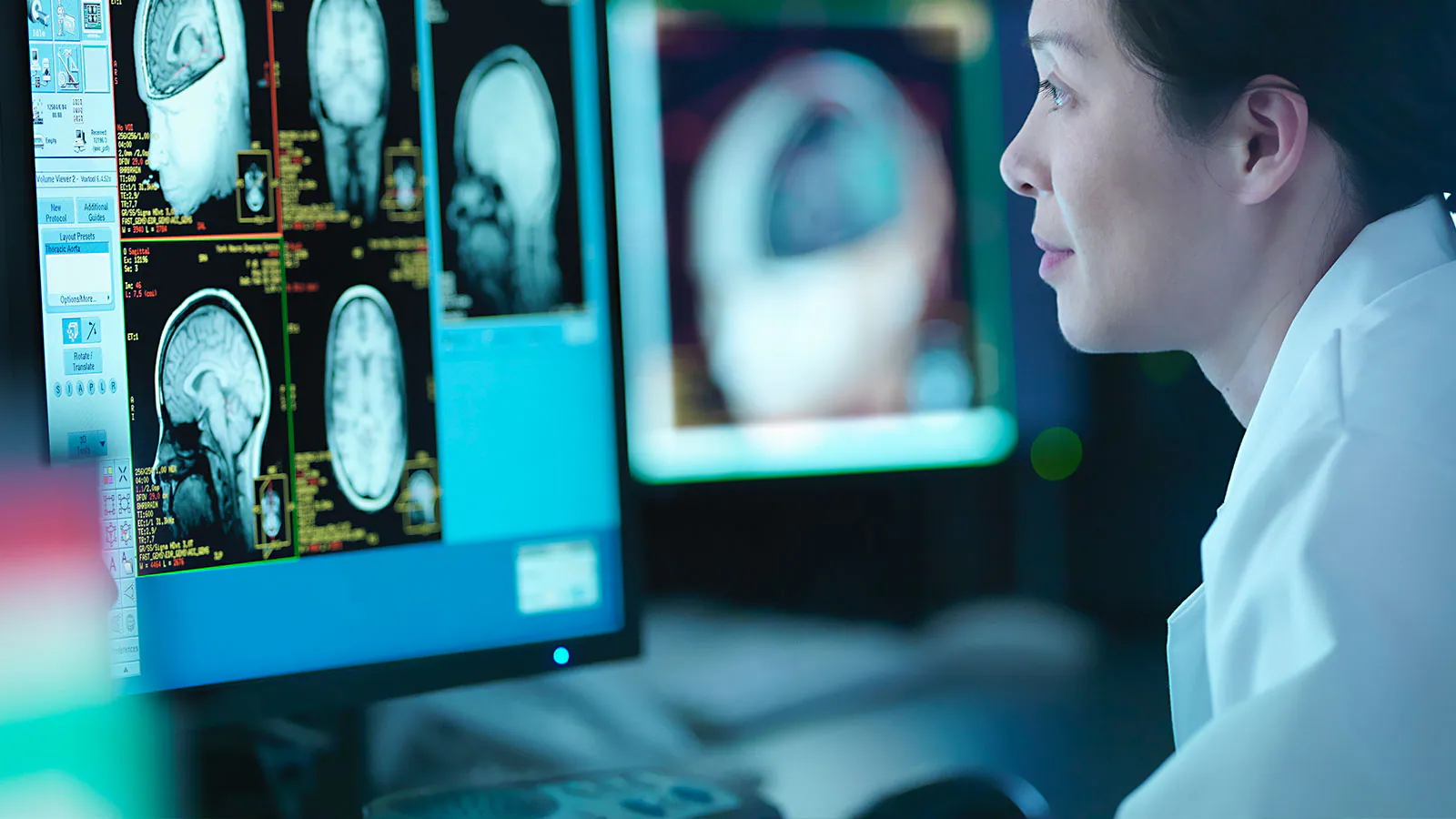Health has always been the foundation of human progress. From ancient herbal remedies to the rise of modern medicine, every era has redefined what it means to live well. Today, we stand on the threshold of a new health revolution—one driven by technology, data, and personal empowerment. The concept of health is expanding beyond treating illness to include prevention, mental wellness, and holistic balance. In this evolving landscape, digital innovation, lifestyle awareness, and medical breakthroughs are transforming how we think about our bodies and minds.
1. The Rise of Preventive and Personalized Healthcare
For decades, the healthcare system has primarily focused on treating diseases after they occur. However, modern health science is shifting toward preventive care—identifying risks early and intervening before illness takes hold.
Advances in genetics, wearable technology, and data analytics are enabling a new level of personalized medicine. By analyzing an individual’s genetic code, doctors can now predict susceptibility to conditions such as diabetes, heart disease, and certain cancers. This proactive approach empowers individuals to make lifestyle changes or begin preventive treatments long before symptoms appear.
Wearable devices like smartwatches and fitness trackers play a crucial role in this shift. They monitor vital signs—heart rate, oxygen levels, sleep quality, and even stress—offering real-time feedback on one’s health. With AI-driven insights, users can detect irregularities and seek professional help early. Personalized health isn’t just a trend; it’s the foundation of a more efficient, cost-effective, and compassionate healthcare model.
2. Digital Health: How Technology is Empowering Patients
The COVID-19 pandemic accelerated the rise of digital health and telemedicine, forever changing how patients interact with healthcare providers. Online consultations, remote monitoring, and virtual therapy sessions have become mainstream, allowing millions of people to access care from home.
Mobile health apps have also exploded in popularity, covering everything from mental health management and nutrition tracking to chronic disease monitoring. Platforms like MyFitnessPal, Headspace, and Apple Health have become everyday tools for individuals seeking to improve their wellbeing.
Artificial intelligence is another game-changer. AI algorithms assist doctors in diagnosing diseases faster and more accurately than ever before. For example, AI can detect abnormalities in medical imaging—such as tumors or fractures—with astonishing precision. Additionally, predictive models help identify outbreaks and manage hospital resources efficiently.
This digital transformation is democratizing healthcare. Information and tools once limited to professionals are now in the hands of everyday people, fostering greater health literacy and self-management.

3. Mental Health: The Growing Priority of the 21st Century
In recent years, mental health has moved from the shadows to the spotlight. Stress, anxiety, and depression have become global challenges, affecting people across all ages and professions. Fortunately, awareness and access to mental health care are improving dramatically.
The rise of online therapy platforms—such as BetterHelp and Talkspace—has made psychological support more accessible. Mental wellness apps using meditation, cognitive behavioral therapy (CBT), and mood tracking help users manage stress in real time.
Moreover, workplaces are increasingly prioritizing mental wellbeing programs. Companies have realized that productivity, creativity, and employee retention depend heavily on mental health. Practices like mindfulness sessions, flexible schedules, and burnout prevention strategies are becoming standard.
Social awareness is also growing. Campaigns and influencers are breaking the stigma around therapy and emotional vulnerability. The modern health movement recognizes that mental health is not separate from physical health—it’s an integral part of total wellbeing.
4. Nutrition and Lifestyle: The Foundation of Long-Term Health
While technology is revolutionizing healthcare, the basics of good health remain rooted in nutrition, movement, and sleep. However, even these fundamentals are being redefined by science.
The rise of nutrigenomics—the study of how genes interact with nutrients—is helping people understand which diets work best for their bodies. Instead of one-size-fits-all advice, personalized meal plans are emerging based on genetic profiles and metabolic responses.
Meanwhile, global awareness of plant-based diets, sustainable food production, and gut health is reshaping how people eat. The connection between the microbiome (the bacteria in our gut) and overall health, including immunity and mood regulation, has become a major research focus.
Exercise science has also evolved. Rather than focusing solely on physical appearance, modern fitness emphasizes functional movement, longevity, and balance. Whether it’s yoga for stress reduction, strength training for bone density, or walking for cardiovascular health, physical activity is seen as medicine in motion.
Sleep, often neglected in the past, is now recognized as one of the most powerful health tools available. Studies consistently show that proper rest supports immune function, cognitive performance, and emotional stability. The rise of sleep-tracking technologies and “sleep hygiene” practices underscores how vital rest is to long-term wellness.
5. The Role of Public Health and Global Collaboration
The COVID-19 crisis underscored the importance of public health systems and global cooperation. From vaccine development to information sharing, the pandemic revealed both the strengths and vulnerabilities of modern healthcare infrastructure.
In response, nations and organizations are investing more heavily in preparedness, data transparency, and equitable healthcare access. Initiatives from the World Health Organization (WHO) and regional agencies aim to strengthen disease surveillance and support low-income countries with resources and education.
The concept of One Health, which recognizes the interconnectedness of human, animal, and environmental health, is gaining momentum. It emphasizes that pandemics, pollution, and food safety are linked issues requiring a united global response.
This holistic approach to health—combining environmental protection, responsible agriculture, and preventive medicine—could be key to avoiding future crises.
6. The Future: Integrative and Sustainable Health
The future of health lies in integration—combining modern medicine with holistic and natural approaches. Practices such as acupuncture, meditation, herbal therapy, and biofeedback are being scientifically studied and incorporated into mainstream healthcare.
We are also witnessing a growing emphasis on sustainability in the health industry. Hospitals are reducing waste, adopting renewable energy, and creating “green healthcare” models. Pharmaceutical companies are researching eco-friendly manufacturing methods and biodegradable packaging.
At the same time, AI and biotechnology are converging to revolutionize diagnostics, drug discovery, and treatment personalization. Gene editing tools like CRISPR could one day eliminate hereditary diseases, while regenerative medicine may make organ transplants obsolete.
The healthcare of tomorrow will be predictive, preventive, and participatory—empowering individuals to take control of their health journey while maintaining harmony with the planet.

7. A Healthier Tomorrow: The Human Element
Amid all this innovation, one truth remains: health is ultimately human. Technology can assist, but empathy, compassion, and community are what make healing possible.
The next era of health isn’t just about longer life—it’s about better life. It’s about creating systems and habits that nurture both body and mind, ensuring that progress doesn’t come at the cost of wellbeing.
As science and society continue to evolve together, we move closer to a world where healthcare is not reactive but proactive, not isolated but connected, and not just about survival—but about thriving.





